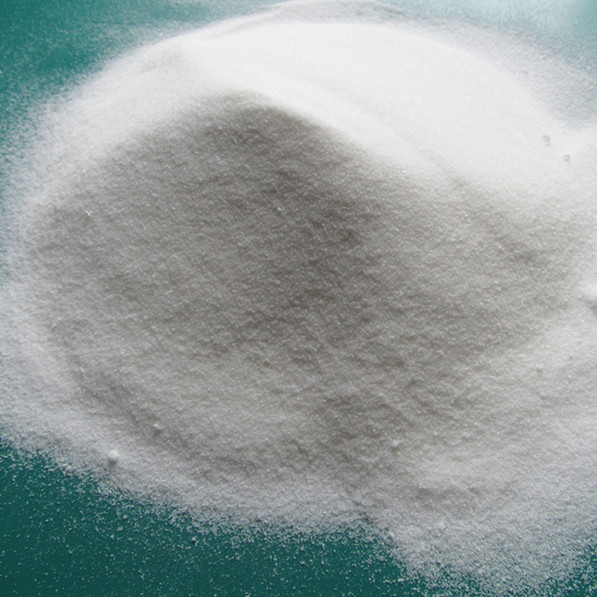
Sep . 02, 2024 11:55 Back to list
best npk fertilizer for cucumbers
The Best NPK Fertilizer for Cucumbers A Guide for Thriving Growth
Cucumbers are a popular vegetable choice for home gardeners and commercial farmers alike, known for their refreshing taste and versatility in culinary uses. To achieve a healthy and productive cucumber crop, understanding the right nutrients and fertilizers is imperative. One of the best ways to ensure that cucumbers receive the nutrients they need is through the application of an NPK fertilizer. But what does NPK mean, and how can you select the best one for your cucumbers?
The Best NPK Fertilizer for Cucumbers A Guide for Thriving Growth
When selecting an NPK fertilizer for cucumbers, it is important to consider the growth stage of the plants. For early growth stages, a fertilizer high in nitrogen is beneficial to promote lush leaf development. A balanced NPK ratio of around 10-10-10 or 20-20-20 can be used once the plants have established a strong foundation. However, during the fruiting stage, a fertilizer with a higher potassium content, like 5-10-15 or 8-24-16, can enhance fruit development and flavor.
best npk fertilizer for cucumbers

Organic options, such as compost, well-rotted manure, or seaweed extract, can be beneficial as well. These fertilizers improve soil structure, promote beneficial microbial activity, and provide a slow release of nutrients. Organic fertilizers often contain a variety of micronutrients that are crucial for plant health.
Timing and application methods are crucial when using NPK fertilizers. Cucumbers benefit from a fertilization schedule that coincides with their growth cycles. Incorporating a slow-release NPK fertilizer into the soil at planting time is a great start. Additionally, side-dressing with granular fertilizers a few weeks after planting can help sustain nutrient levels as the plants grow. Liquid fertilizers can be used for foliar feeding, providing an immediate nutrient boost, particularly during critical growth phases.
Before applying any fertilizer, conducting a soil test can provide valuable insights. A soil test will give you a clear understanding of the existing nutrient levels and pH, enabling you to make informed decisions on fertilizer types and application rates. This step helps to avoid over-fertilization, which can lead to nutrient imbalances and adversely affect cucumber plants.
In conclusion, choosing the best NPK fertilizer for cucumbers involves understanding the plants' nutritional needs at different growth stages. A well-balanced fertilizer that supplements nitrogen for lush growth, phosphorus for strong roots and flowers, and potassium for healthy fruit is essential. Organic options can enhance soil health, promoting long-term productivity. By timing your fertilization and conducting soil tests, you can ensure your cucumbers receive the care they need for a bountiful harvest. Happy gardening!
-
10 10 10 Fertilizer Organic—Balanced NPK for All Plants
NewsJul.30,2025
-
Premium 10 10 10 Fertilizer Organic for Balanced Plant Growth
NewsJul.29,2025
-
Premium 10 10 10 Fertilizer Organic for Balanced Plant Growth
NewsJul.29,2025
-
Premium 10 10 10 Fertilizer Organic for Balanced Plant Growth
NewsJul.29,2025
-
50 Pound Bags of 13-13-13 Fertilizer for All Plants – Bulk & Organic Options
NewsJul.28,2025
-
High-Efficiency 15-30-15 Granular Fertilizer for Healthy Crops
NewsJul.28,2025
